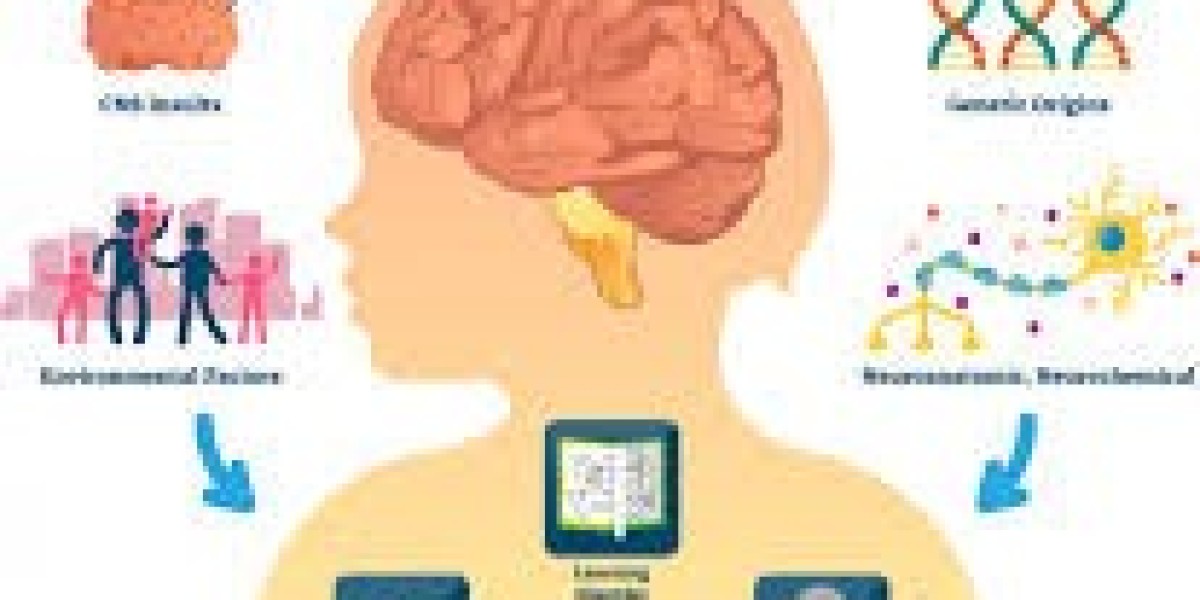Attention-Deficit/Hyperactivity Disorder (ADHD) is often associated with children. Still, it can persist into adulthood, affecting various aspects of life. Understanding ADHD disorder in adults involves recognizing its signs and symptoms and navigating the complexities of diagnosis.
What is ADHD Disorder?
ADHD is a neurodevelopmental disorder characterized by persistent patterns of inattention, hyperactivity, and impulsivity that interfere with functioning or development. While traditionally diagnosed in childhood, it can continue into adolescence and adulthood for many individuals.
Signs of ADHD in Adults
Recognizing ADHD in adults can be challenging due to its overlapping symptoms with other conditions and variations in how it presents. Common signs include:
Inattention: Adults with ADHD may struggle to focus on tasks, often leading to incomplete work or frequent shifts in attention.
Hyperactivity: While less common in adults than children, some individuals may still experience restlessness and need constant activity.
Impulsivity: Adults with ADHD may act without considering consequences, interrupt conversations, or engage in risky behaviors.
Symptoms of ADHD Disorder in Adults
The symptoms of ADHD can significantly impact daily life and relationships:
Poor Time Management: Adults may need help with deadlines, organization, and planning.
Difficulty Concentrating: Maintaining focus during work or conversations can be challenging.
Forgetfulness: Adults with ADHD may frequently misplace items or forget appointments.
Emotional Instability: Mood swings, irritability, and frustration are common.
Relationship Challenges: Impulsivity and inattention can strain relationships with partners, family, and coworkers.
Diagnosis of ADHD Disorder in Adults
Diagnosing ADHD in adults requires a comprehensive evaluation by a qualified healthcare professional:
Clinical Assessment: A clinician will review medical history, symptoms, and daily functioning to assess for ADHD.
Screening Tools: Questionnaires and rating scales help identify ADHD symptoms and their impact.
Rule Out Other Conditions: Similar symptoms can occur in anxiety, depression, or other mental health disorders, necessitating differential diagnosis.
Challenges in Diagnosing ADHD Disorder
Diagnosing ADHD in adults poses several challenges:
Underrecognition: Symptoms may be attributed to stress, personality traits, or other conditions.
Coexisting Conditions: ADHD often coexists with other mental health disorders, complicating diagnosis and treatment.
Cultural Factors: Cultural differences in symptom presentation and stigma may affect diagnosis and treatment-seeking behaviors.
Treatment Options for ADHD Disorder
Managing ADHD in adults typically involves a combination of strategies:
Medication: Stimulants like methylphenidate or non-stimulants such as atomoxetine may be prescribed to improve attention and impulse control.
Therapy: Cognitive-behavioral therapy (CBT) can help individuals develop coping strategies and organizational skills.
Lifestyle Changes: Regular exercise, adequate sleep, and a structured routine can mitigate symptoms.
Support Groups: Peer support and psychoeducation can provide valuable insights and emotional support.
Strategies for Coping with ADHD Disorder
Adults with ADHD can benefit from practical coping strategies:
Use of Timers and Reminders: Setting alarms and using digital calendars can aid in time management.
Break Tasks into Smaller Steps: Breaking down tasks reduces overwhelm and improves productivity.
Seek Support: Communicate openly with family, friends, and employers about ADHD-related challenges.
Mindfulness and Relaxation Techniques: Practices like meditation can enhance focus and reduce impulsivity.
Conclusion
ADHD disorder in adults presents unique challenges but can be effectively managed with proper diagnosis and treatment. Recognizing the signs, understanding the symptoms, and seeking timely intervention are crucial to improving quality of life and achieving personal and professional goals. By raising awareness and promoting understanding, we can better support individuals navigating the complexities of ADHD in adulthood.







